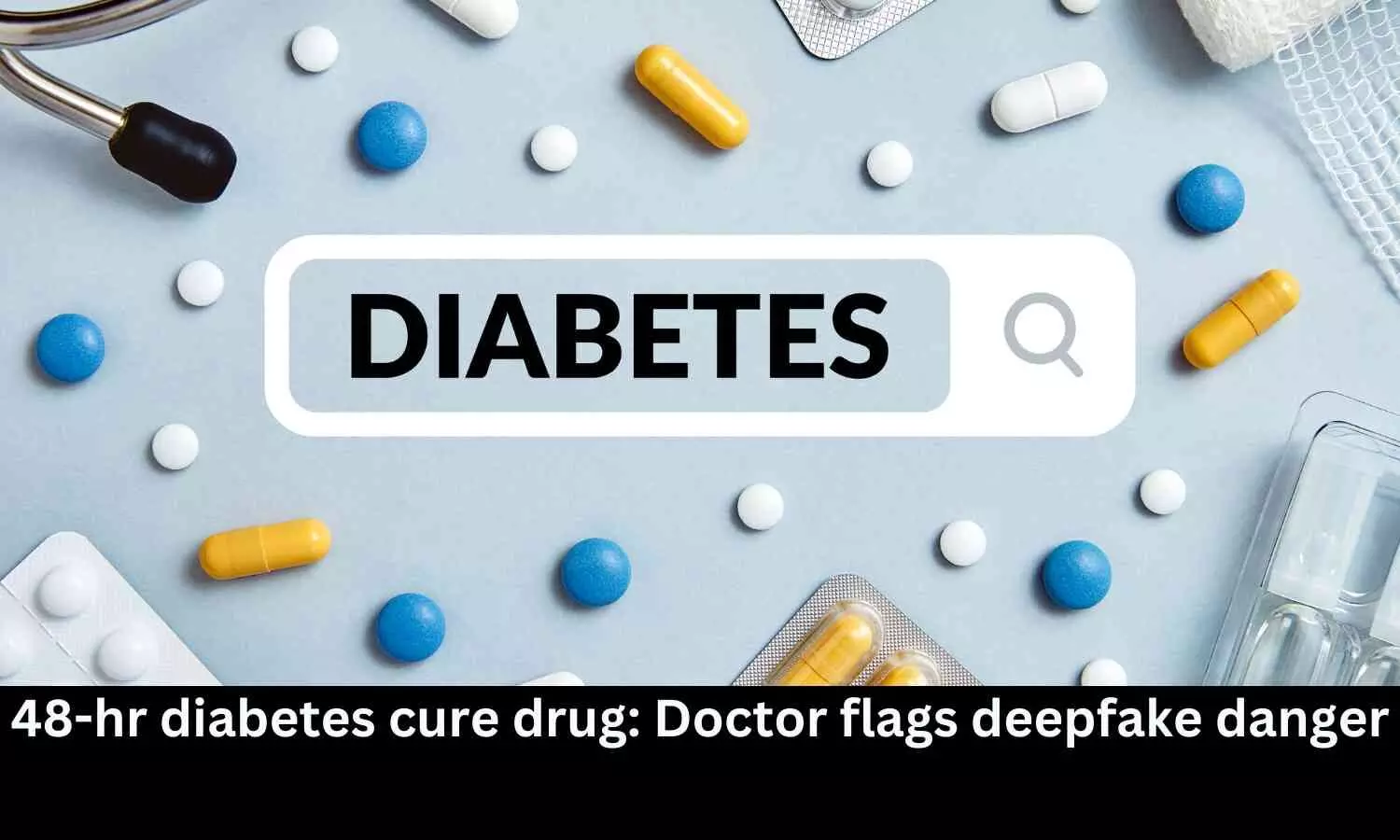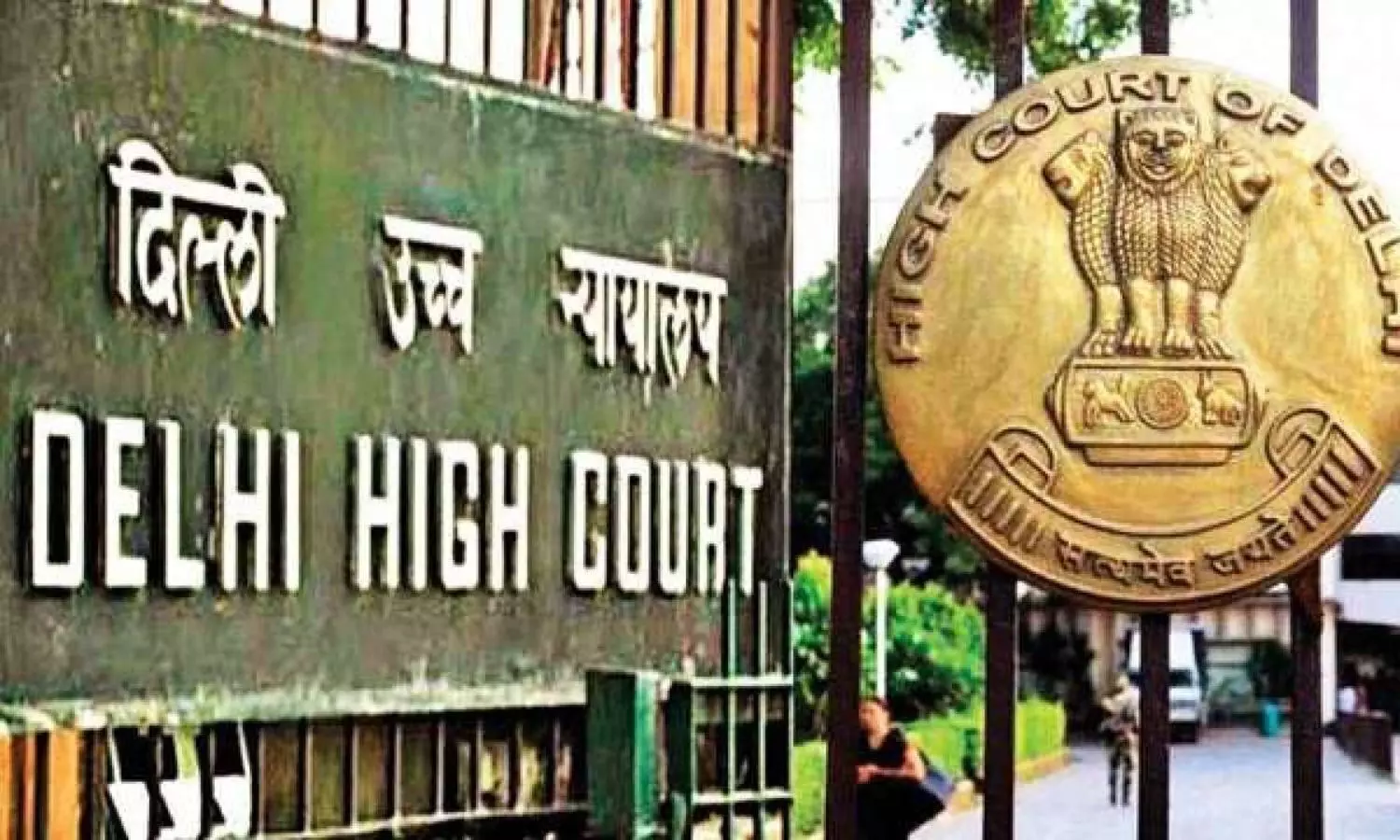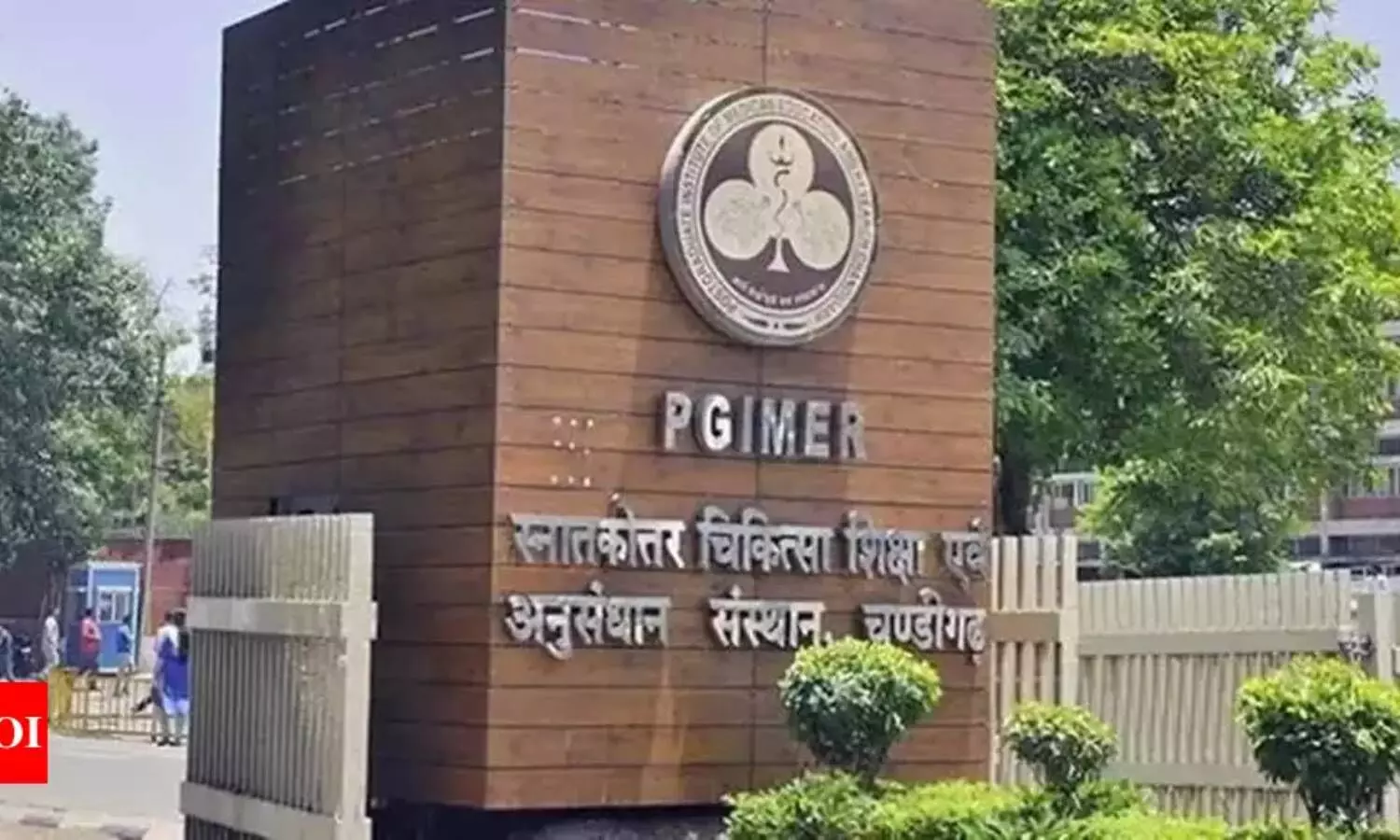
The common inflammatory condition sinusitis is linked to a 40% heightened risk of a subsequent diagnosis of rheumatic disease, particularly in the 5 to 10 years preceding the start of symptoms, finds research published in the open access journal RMD Open.
The risks seem to be greatest for a blood clotting disorder (antiphospholipid syndrome) and a condition that affects the body’s production of fluids, such as spit and tears, known as Sjögren’s syndrome, the findings indicate.
Sinusitis refers to inflammation of the lining of the sinuses, the small, air-filled cavities behind the cheekbones and forehead. And previously published research points to a link between various types of lung irritants, including air pollution and respiratory infections, and the development of rheumatoid arthritis, for example.
But it’s not clear if sinusitis might also be a potential predisposing factor for other types of rheumatic disease. In a bid to plug this knowledge gap, the researchers carried out a case-control study.
They used data from the Rochester Epidemiology Project (REP), a medical records-linkage system of over 500,000 people resident in Olmsted County, Minnesota at some point between 1966 and 2014.
The study sample included 1729 adults, newly diagnosed with a systemic autoimmune rheumatic disease, such as rheumatoid arthritis, antiphospholipid syndrome, and Sjögren’s syndrome; or vasculitis (blood vessel inflammation), such as giant cell arteritis (temporal artery inflammation) and polymyalgia rheumatica (muscle pain and stiffness).
Each of these patients (average age 63; two thirds women) was matched with 3 people (5187 in total) with no rheumatic disease, based on age at diagnosis and sex.
Cases of sinusitis before the diagnosis of rheumatic disease were divided into time segments of 1 to 5 years; 5 to 10 years; and 10 or more years.
Potentially influential factors were accounted for: age, weight (BMI), and smoking status at rheumatic disease diagnosis, sex, race and ethnicity.
The average time that elapsed between an episode of sinusitis and diagnosis of rheumatic disease was just over 7.5 years, with the most common diagnosis, rheumatoid arthritis (688) and polymyalgia rheumatica (610).
A history of sinusitis was associated with a 40% heightened risk of any new diagnosis of rheumatic disease, with the association strongest for systemic autoimmune rheumatic diseases, such as antiphospholipid syndrome–7-fold increased risk—and Sjögren’s syndrome—more than double the risk.
Acute sinusitis was associated with an 18% heightened risk of seronegative rheumatoid arthritis (symptoms but no detectable antibodies).
The association between sinusitis and newly diagnosed rheumatic disease was strongest in the 5–10 years preceding symptom start, where the risk was 70% higher, overall, but 3-fold higher for Sjögren’s syndrome and twice as high for polymyalgia rheumatica.
And the more frequent the episodes of sinusitis, the greater were the chances of a new rheumatic disease diagnosis. For example, those experiencing 7 or more were nearly 5 times as likely to be diagnosed with systemic autoimmune disease, nearly 9 times as likely to be diagnosed with Sjögren’s syndrome, and twice as likely to be diagnosed with vasculitis.
Serial episodes of sinusitis without a previous history also showed a significant dose-response association with seronegative rheumatoid arthritis, rising to a quadrupling in risk for 5 or more episodes.
And overall, the association between sinusitis and rheumatic disease was strongest in people who had never smoked.
This is an observational study, and therefore no definitive conclusions can be drawn about causal factors. The researchers also acknowledge several limitations to their findings, including a predominantly White study population and few cases of certain types of rheumatic disease.
And reverse causation, whereby the rheumatic diseases themselves increase the risk of sinusitis, can’t be ruled out, they add.
But bacterial pathogens, such as those involved in sinusitis, might have a role in rheumatic disease, added to which sinusitis is associated with speeding up artery hardening, lending extra weight to its potential inflammatory effects, explain the researchers.
And they conclude: “Overall, these findings point towards a role for sinus inflammation in the presentation, and possibly pathogenesis, of rheumatic disease.”
Reference:
Kronzer VL, Davis JM, Hanson AC, et alAssociation between sinusitis and incident rheumatic diseases: a population-based studyRMD Open 2024;10:e003622. doi: 10.1136/rmdopen-2023-003622.





